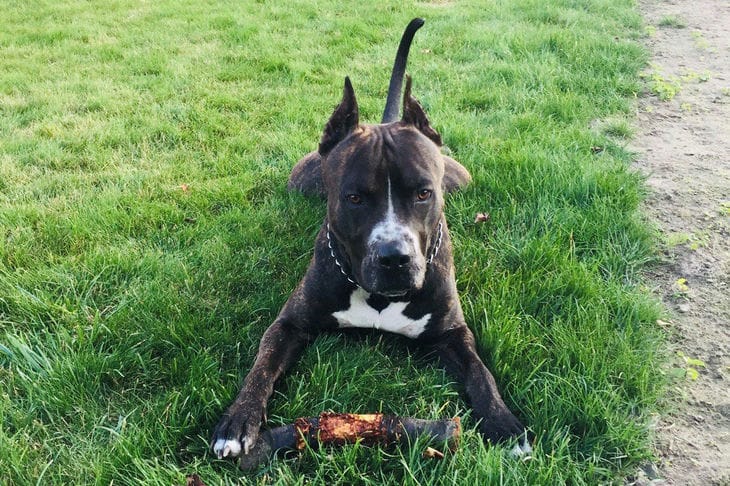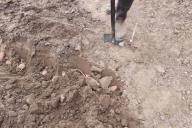Training a dog is a responsible process that affects its behavior and interaction with the world around it.
Training helps the dog become obedient, trained and safe for itself and others.
However, it is important to choose the right time to start training, taking into account the age and individual characteristics of the dog.
Puppies: Early training from the first days
Experts recommend starting training a puppy from the first days of its appearance in the house.
Of course, we are not talking about complex commands, but about accustoming to a nickname, collar, leash, place and rules of behavior in the house. Early training helps the puppy adapt to the new environment faster and lay the foundation for further training.

Socialization: the key to harmonious development
Between 3 and 12 weeks of age, puppies go through an important period of socialization, where they learn to interact with the world around them, other dogs and people.
At this time, it is important to introduce the puppy to different situations, sounds, smells so that he grows up to be a confident and friendly dog.
Group lessons: learning in a group
From the age of 4 months, puppies are ready for group training classes. In such classes, dogs learn to perform basic commands (sit, lie down, stand, come to me, next to me), as well as communicate with other dogs under the supervision of an experienced instructor.
Individual training: behavior correction
If your dog has behavioral problems (aggression, cowardice, disobedience), it is recommended to contact a professional dog trainer for individual training.
A dog trainer will help identify the causes of unwanted behavior and develop an individual correction program.
Adult dogs: training is possible at any age
It is never too late to start training your dog, even if it is already an adult. Of course, adult dogs may need more time and patience to learn new commands, but with the right approach, they are also capable of learning.
Choice of method: positive reinforcement
Modern training methods are based on positive reinforcement, when the dog receives a reward (treat, praise, play) for correctly performing a command.
This method is the most effective and humane, as it forms positive associations with the training process in the dog.
Previously we talked about the signs of a spoiled dog .








